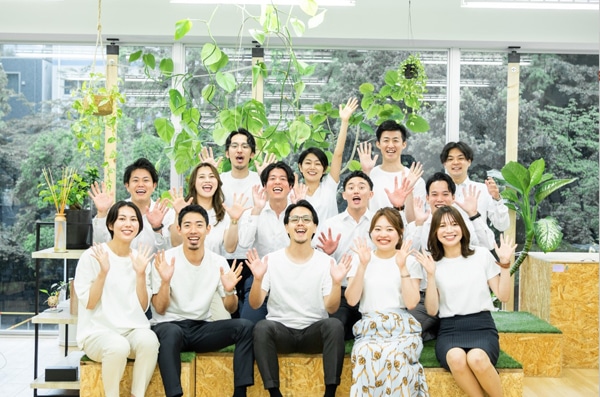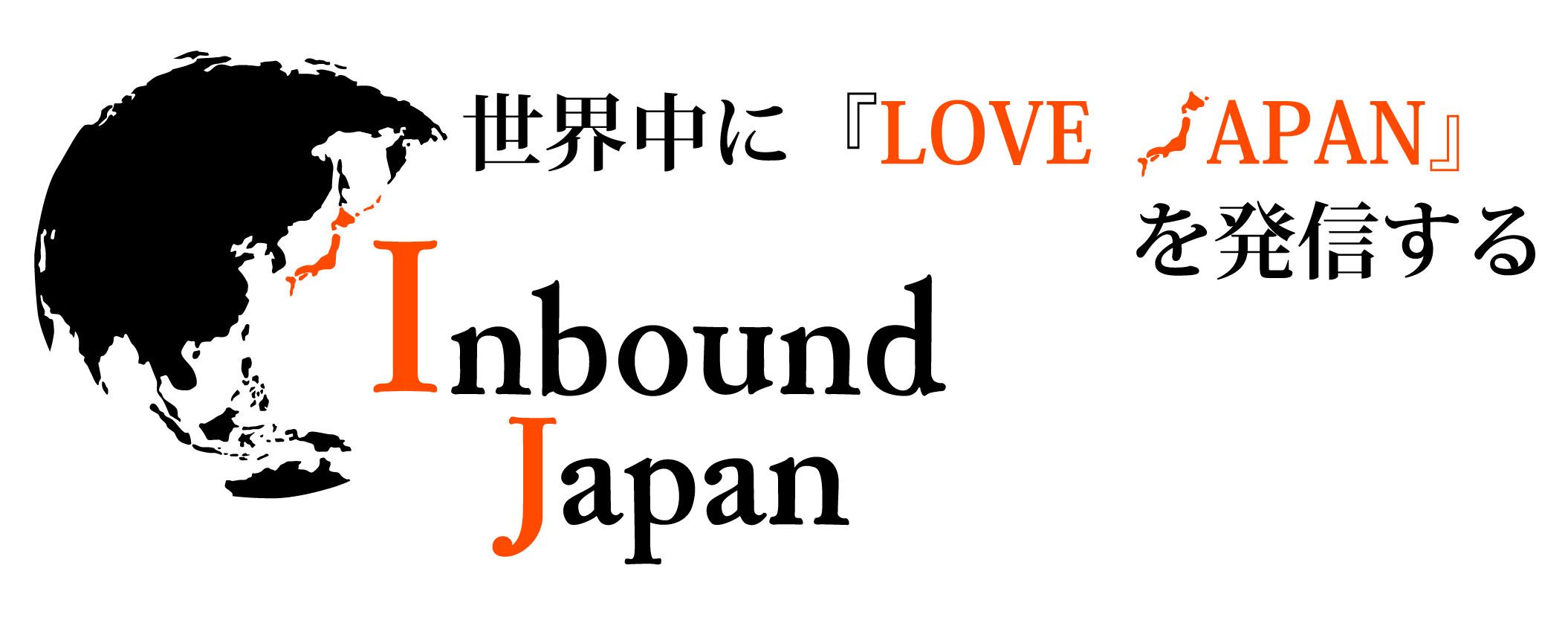Title image by turkeychik.
Going through the tedious process of finding the perfect apartment in Japan can often be frustrating. There is the paperwork in a foreign language, some serious money (especially on a student budget) and how to choose all tangled together. This guide aims to explain everything that you need to know – necessary costs, what you need to save etc.
MSA also directly works with a few foreign-friendly real estate agents – all of whom have agreed to providing special discounts for those who approach them through MSA. You may want to skip directly to our list of partners and their offered discounts or directly to our Google form where you can approach all of them at the same time.
But first, we need to be realistic of the usual costs.
Moving costs – up to 450,000 yen!

Not far from how much you may spend. Photo by Japanexperterna.
We are not joking when we recommend that everyone save up on arriving in Japan – the down-payment can be extremely painful, especially on a students’ budget. After all, even renting a typical apartment can cost as much as a one-shot payment of 500,000 yen!
How did we get this number? Let’s see:
Assume that the basic rent of the apartment that you want to rent is 75,000 yen. This is a reasonable number for student apartments within the 23 wards of Tokyo – though there are definitely cheaper options.
- First month’s rent: 75,000 yen
- Key money, often 1 month: 75,000 yen
- Deposit, often 1 month: 75,000 yen
- Realtor fee, 1 month: 75,000 yen
- Guarantor company: 20,000 yen
- New furniture: on the cheap maybe 40,000 yen (check this article for more tips)
- Moving current stuff: 40,000 yen.
The total for the above estimate is already 400,000 yen and some places ask for 2 months of either the deposit or key money – meaning that you may be asked to pay more than 450,000 yen at one shot.
Other difficulties

Photo by Brian Johnson & Dane Kantner
Aside from the bomb of the renting costs, there are also other difficulties that make it difficult for foreigners and foreign students to rent an apartment.
Rejection due to being foreigners
It is common that landlords reject foreign applicants from renting their places – many times this is not stated on online search portals and so you may be happily searching for apartments online only to be informed that the landlord rejects foreign applicants.
Guarantor system
Renting often requires someone to be your guarantor (保証人 hoshonin) – and it is common that landlords stipulate that this guarantor must be a Japanese national. Even if you do not face the “no foreigner” rule, many foreigners find themselves unable to rent the apartments they want due to a lack of someone who can sign as a guarantor.
Note: some universities can act as guarantors but not all. Check with your university if they do but it is not advisable to assume that they will definitely be your guarantor.
Language
Language is clearly another issue – as most realtors only have their documentation, catalogue and customer support in Japanese. This also leads to trouble later on as foreigners sign contracts without fully understanding the small details such as necessary payments about fire-insurance, contract renewal fees etc.
Our Advice

Photo by GotCredit
Because of these difficulties we want to offer some general advice to ensure that you are not caught off guard.
Save!
The amount above is not little – and if you are currently living in a dormitory even the basic scholarship allowance (usually) allows you to save a big every month. If you know when you are likely to have to move, try to aim to have maybe at least 350,000 yen in the bank, if not more, by then.
Check the terms of your dormitory
If you are living in a dormitory, the last thing you want to face is to be forced to move because you did not know that there was a limit. Many universities set dormitory residence limits – from 6 months to 2 years. Better check than be surprised that you only have 1 month left.
Avoid January-March
The real estate market is the busiest from mid-January to late March. People are preparing to start (or move) work, students get exam results and plan to start college etc.
This means that within these three months rent prices rise – it is not uncommon that real estate agents add a month of key money into the price of a contract within these 3 months. Even if you have to move house by spring, consider moving a little earlier or later than the peak period.

Photo by ~Pawsitive~Candie_N
Special Benefits for MSA Members
In order to reduce the pain as stated above, MSA is partnering with a few foreign-friendly real estate agents. The following companies have track records in helping foreigners finding places to live in Japan, and have each agreed to providing special benefits to people who approach them through MSA.
You will find an explanation of each of them, their strengths and their benefits below.
At the end, there is also a Google Form. By inputting your form, all partners will be notified of your query, and will contact you if they find a good match for your needs. We hope this helps in lessening the trouble in contacting them!
Partner 1: GTN

GTN is a market leader in foreign-friendly real estate – helping over 3000 customers with renting in a year.
Aside from finding apartments, they also support customers with handling procedures around utilities, and getting furniture. They also offer a guarantor service – making the overall process of renting smooth.
They can handle enquiries in Japanese, English, Mandarin, Korean, Vietnamese, Cantonese and Nepalese
MSA Members receive a 35% off the realtor fee.
To use GTN’s services, book a consultation through Timerex or fill in the MSA Google Form below.
Partner 2: Nodomaru

Nodomaru is a foreign friendly real-estate agent based in Tokyo. Aside from real estate, they hope to be a helping hand for foreigners living in Japan by also offering mid-career job-hunting support, and by holding social events aimed at foreign residents.
MSA Members receive 30% off the realtor fee.
Please note that Nodomaru only services customers in the wider Tokyo area.
To contact Nodomaru, use their Suumo contact form, their website, or enter the MSA Google Form below.
Partner 3: Inbound Japan

Inbound Japan operates 100 share houses exclusively for foreigners in the Tokyo and Nagoya areas. With a multi-nationality staff, they can support customers in 10 different languages.
In addition, they also provide services tailored to foreigners, such as job placement and internet setup, offering strong support for those who are not yet familiar with life in Japan.
MSA Members receive a 30% off the realtor fee.
To use Inbound Japan’s services,fill in the MSA Google Form below.
Rental Google Form
Do consider sending in your enquiry though MSA’s own rental enquiry form.
This is usable by anyone. And by doing so, you will be able to automatically receive the benefits offered by our various partners as stated above.

